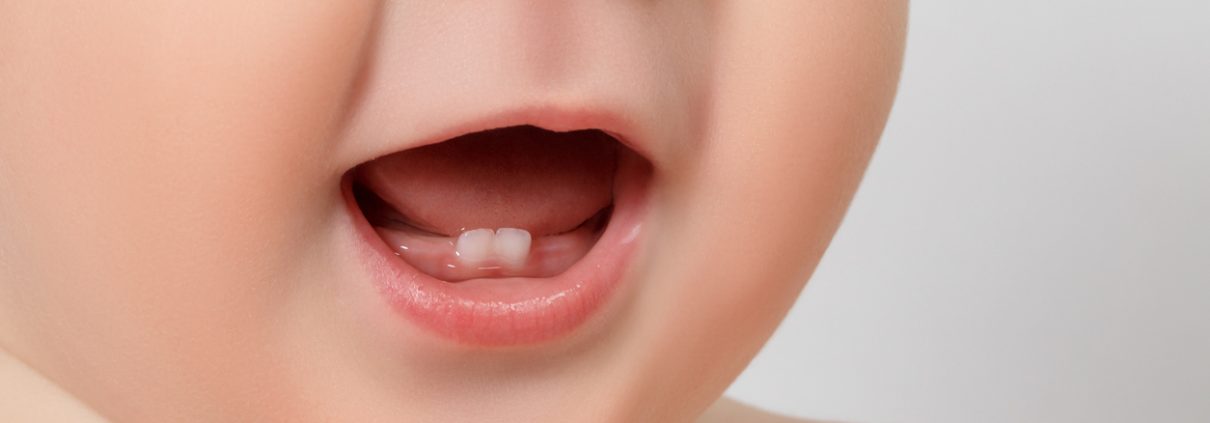Baby Tooth Decay
Some parents are unaware of the fact that they need to be keeping their baby’s teeth healthy because they think that even if their baby’s teeth break down and they are pulled out, permanent teeth will replace them. But they do not know that tooth decay and extraction causes the non-eruption of permanent teeth.
Parents should be fully aware of their baby from an early age and should monitor every part of their body to take action if there is a problem, such as cavities as cavities cause tooth decay. Cavities in baby teeth are one of the most important dental problems in childhood and the most common cause of them at a young age is night feeding.
Cavities in baby teeth are most often noticed by parents between the ages of one and two when the pain usually begins. On average, 6 decayed baby teeth can be seen in a 4-year-old child, but sometimes it is observed that all the teeth of a child have cavities, to the point where it is rare to see a child who does not have decayed teeth.
These cavities eventually lead to denervation or tooth extraction, and because young children are not able to work with their dentist enough. General anesthesia is often required for dental treatment.
Deciduous tooth decay is more common in the first two years of life because mothers put their baby to sleep with milk and several servings of milk during the night. The cause is from lactose in the milk, and when it’s not removed from the teeth, it can cause them to break down.
However, if mothers give their baby some water after feeding or clean their teeth with an ear cleaner or wet cloth, the incidence of such caries is minimized.
At an older age, when the baby eats food, another mistake that mothers make is to give their children sugary meals in multiple servings. However, if they reduce the number of sugary foods to one to two meals a day and then give their child water to brush their teeth, it will help prevent tooth decay.

